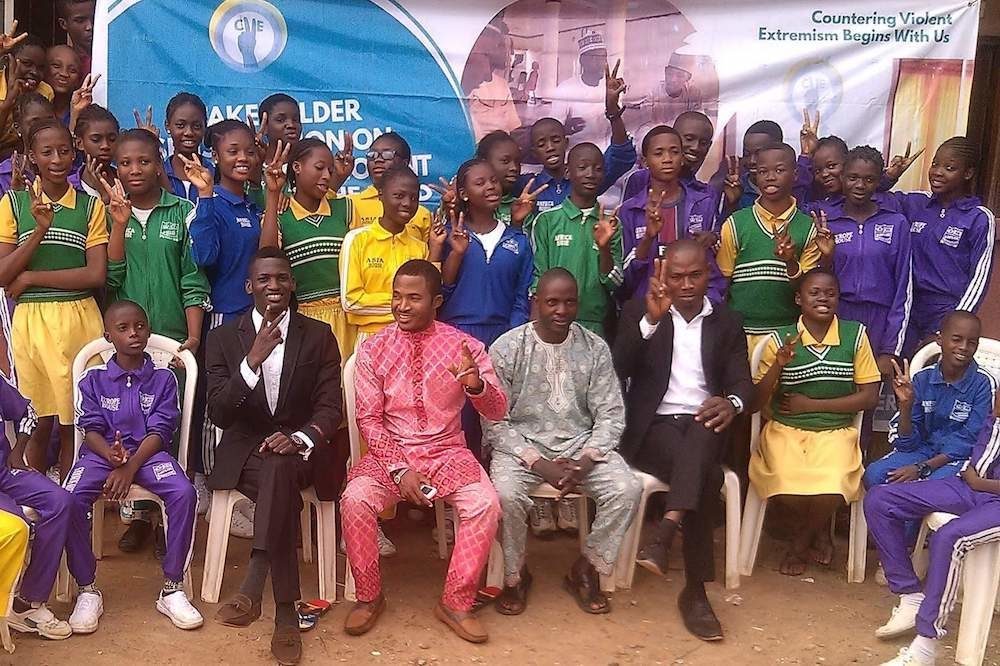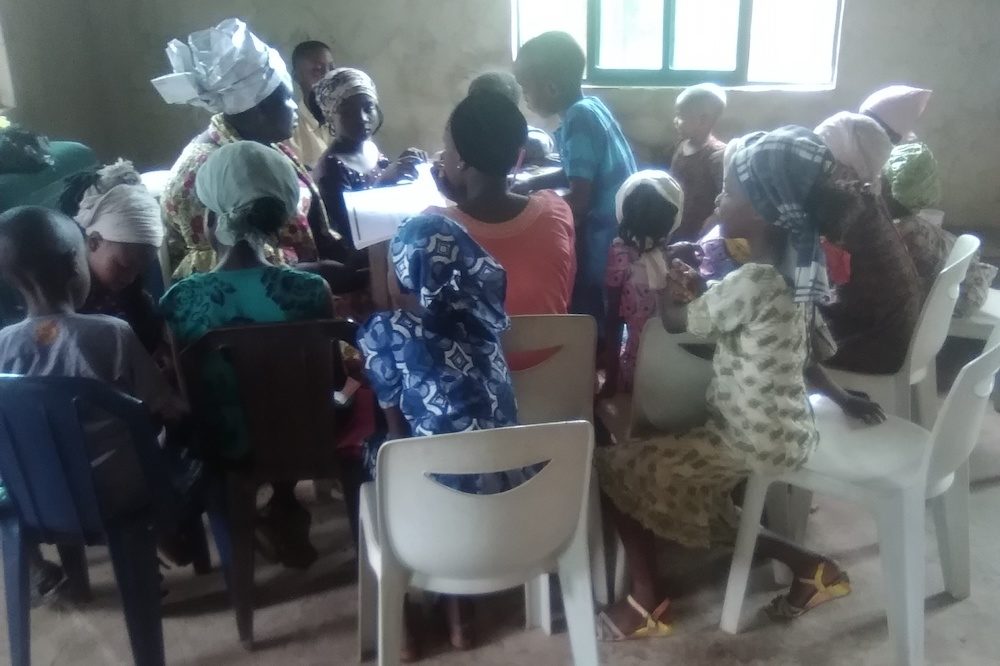2016 in retrospect.......Only GOD is wise.
Remembering (my first impact event with Micheal Ogunshola) when I was called for Community Development service, which made me quit the university job and my professions.
No regrets, today, I am a Posh-Farmer at www.gwisegroups.com
Remembering (my first impact event with Micheal Ogunshola) when I was called for Community Development service, which made me quit the university job and my professions.
No regrets, today, I am a Posh-Farmer at www.gwisegroups.com
BE A SERVANT LEADER,
Sometimes, it pays to be a server, to being served......
Sometimes, it pays to be a server, to being served......
SAMUEL ADEWUMI,
YALI REGIONAL LEADERSHIP ALUMNUS
YALI REGIONAL LEADERSHIP ALUMNUS
Samuel Adewumi, a featured member from our #CountryoftheWeek, Nigeria, has trained over 300 women leaders to fight gender-based discrimination through his organization Gwise Global Community — and it all began with a #YALILearns course. How have you used what you’ve learned through the YALI Network to empower women and girls? — with Adewumi Olalekan Samuel and Micheal Ogunshola.
Samuel Adewumi
Samuel Adewumi, from Egan, is the founder of Gwise Global Community, a nonprofit dedicated to campaigning against gender-based “abuses, discrimination, violence, and inequalities.” His organization advocates for women and girls in rural communities through training, empowerment, and “fostering global certifications in entrepreneurship and leadership,” with a focus on birth attendants, health workers, and teachers.

Samuel’s work has had an impact on hundreds. Of his organization’s training, which began with a #YALILearns course, he says, “most of our trainee women leaders (over 300) have gone ahead to read and take online courses at their own pace to foster their leadership and entrepreneurship roles.” Many of them have begun training the women they work with on sexual abuse and women’s empowerment, and the program has expanded to three outreach centers. Each center provides delivery kits for pregnant women and offers reporting stations “to train, document, report, and curb all forms of female discrimination, abuses, and violence.”































